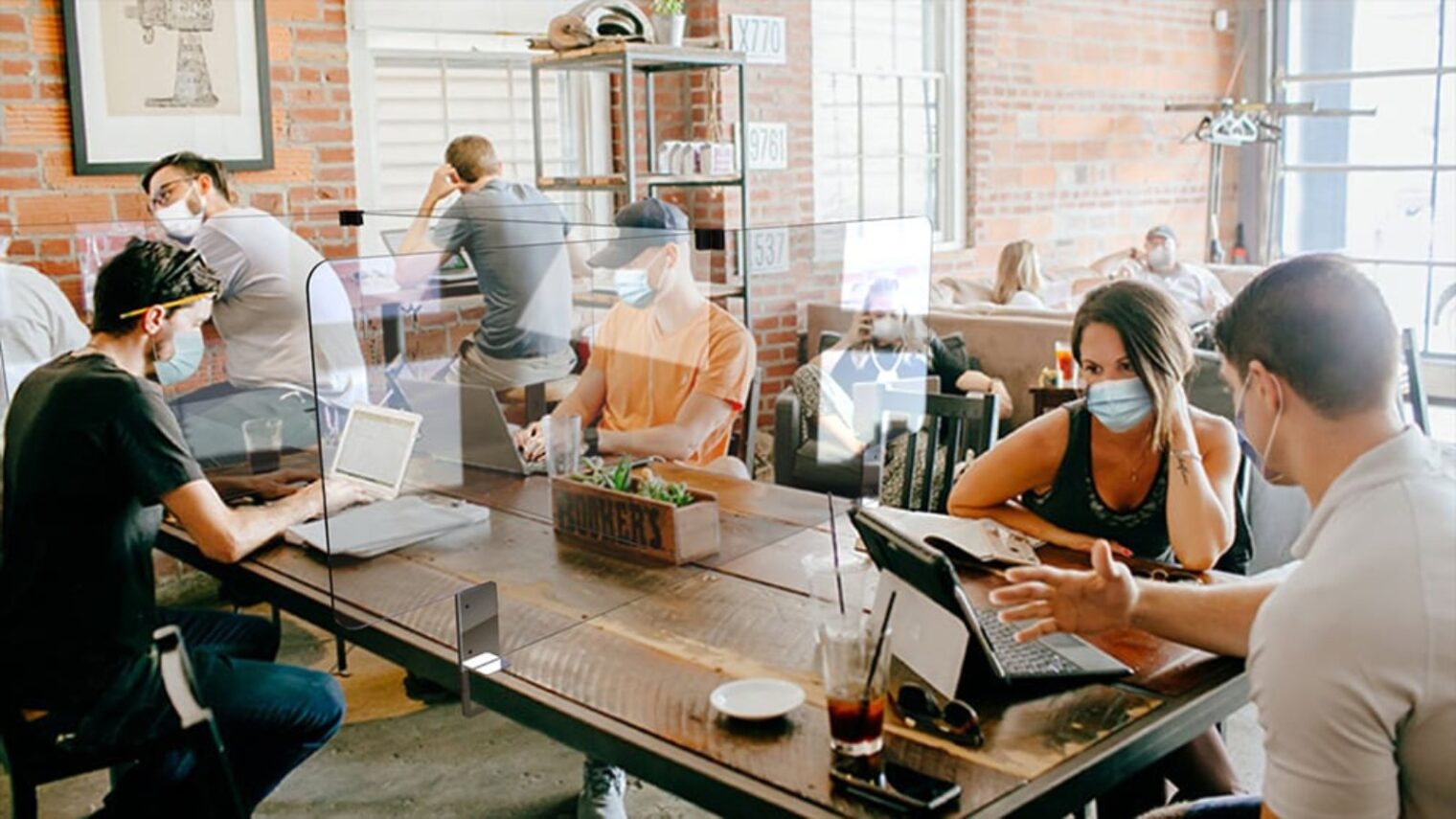“Design, by definition, deals with problems. Corona is just a bigger problem,” says Safi Hefetz, head of the industrial design department at Bezalel Academy of Art and Design in Jerusalem and principal of Tel Aviv-based Innovation 2 Design Studio.
The pandemic is changing how we live, work and play. While these changes may or may not be permanent – there’s a difference of opinion on that – designers must respond with solutions for social distancing, remote work and other new realities.
ISRAEL21c talked to Hefetz and to an interior designer and an architect about how they envision design adaptations in a mid-Covid and post-Covid world.
SAFI HEFETZ: INDUSTRIAL DESIGN
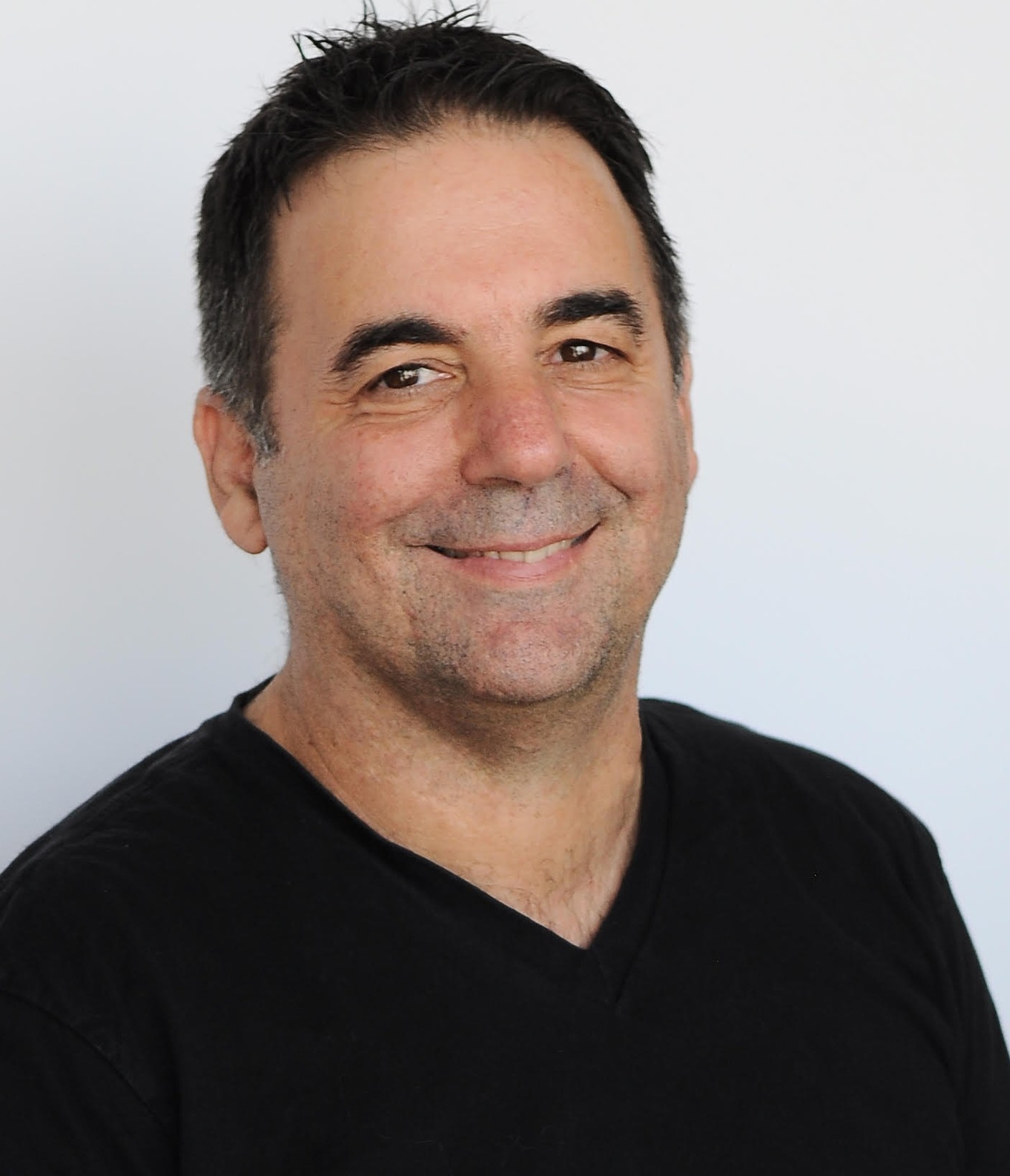
“Social and economic questions are part of what we do as industrial designers,” says Hefetz. “We try to see a bit into the future to do things that do not yet exist.”
His current projects range from improved facemasks to furniture that protects office workers and restaurant patrons without sacrificing ambience.
In his Structure-Function-Form class at Bezalel, students this year focused on conceptual projects geared to maintaining a safe social distance.
“In both the academic and business parts of my life I see many changes in the everyday reality. And change is an opportunity,” says Hefetz.
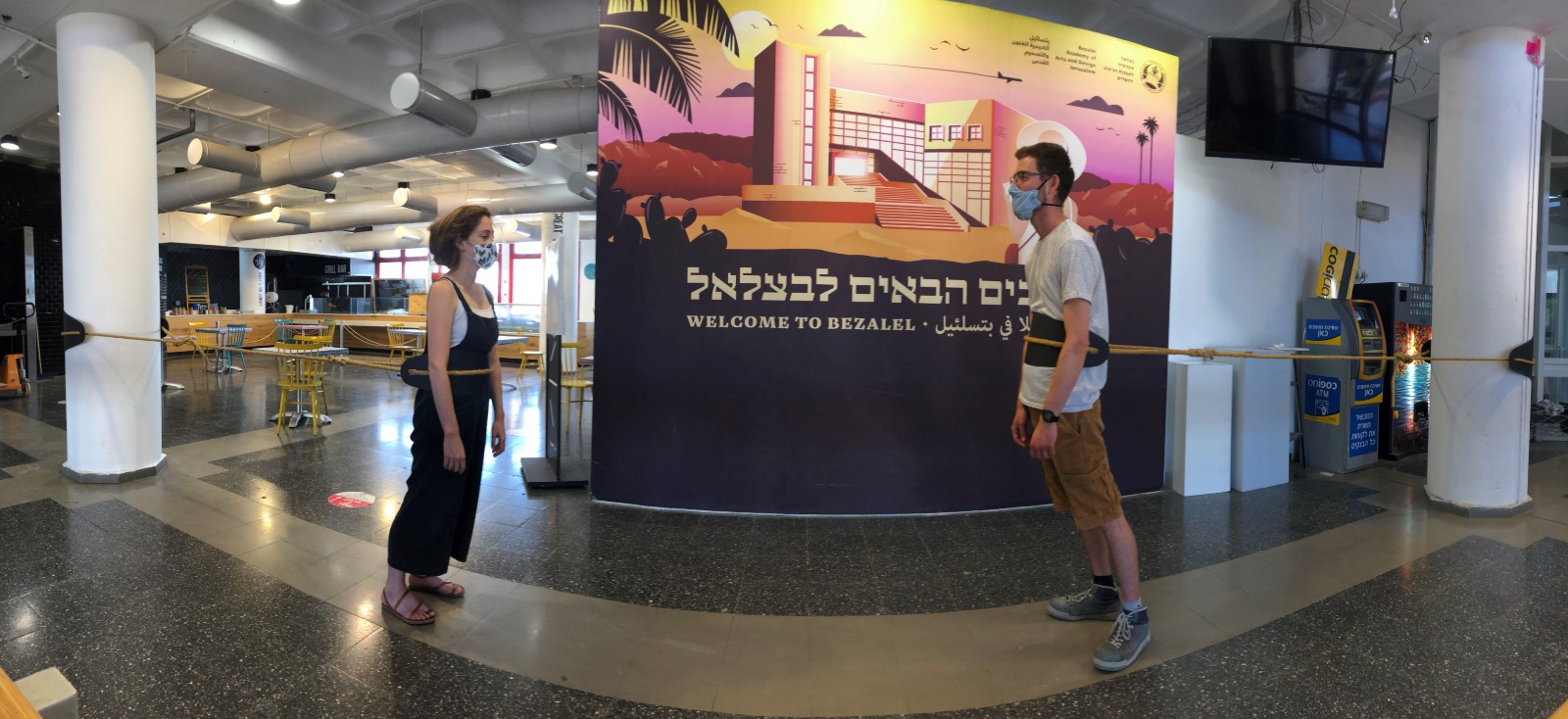
His studio is working with an American hospitality company developing “affordable products that need to be dynamic and fit different styles of offices and restaurants,” he says.
“Restaurants won’t look dramatically different but there will be a separation between tables — maybe curtains that can be transparent or opaque as desired. You need to do this without disturbing the atmosphere.”
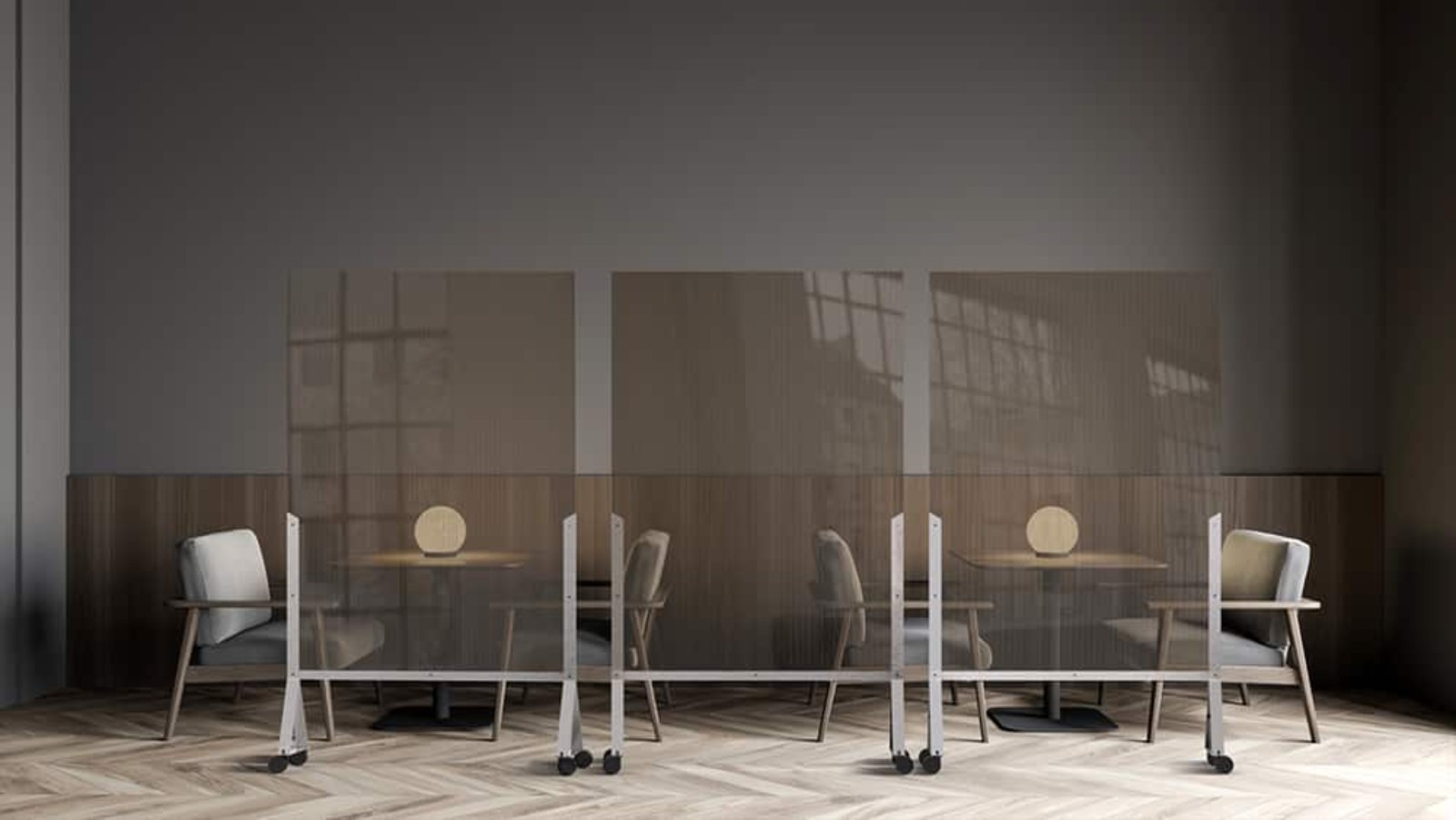
Regarding workplaces, Hefetz says, “We can get used to working at home, but we need the socialization of an office to spark creativity and prevent loneliness. So we need to redesign the office for the post-corona era.”
One solution will be clear dividers made of antimicrobial materials.
TAMAR HAROW: INTERIOR DESIGN
“I’ve been noticing a lot of clients have new approaches to their homes,” says Tamar Harow of Elevate Designs by Tamar.
She says our homes have become a “safe bubble” in the pandemic.
“Because we’re spending more time at home, we’re focusing on fixing things that aren’t working for us,” she tells ISRAEL21c.
For instance, open floor plans are no longer practical. Now, people want distinct spaces that serve multiple functions throughout the day, like working, exercising, watching TV, and attending school virtually.
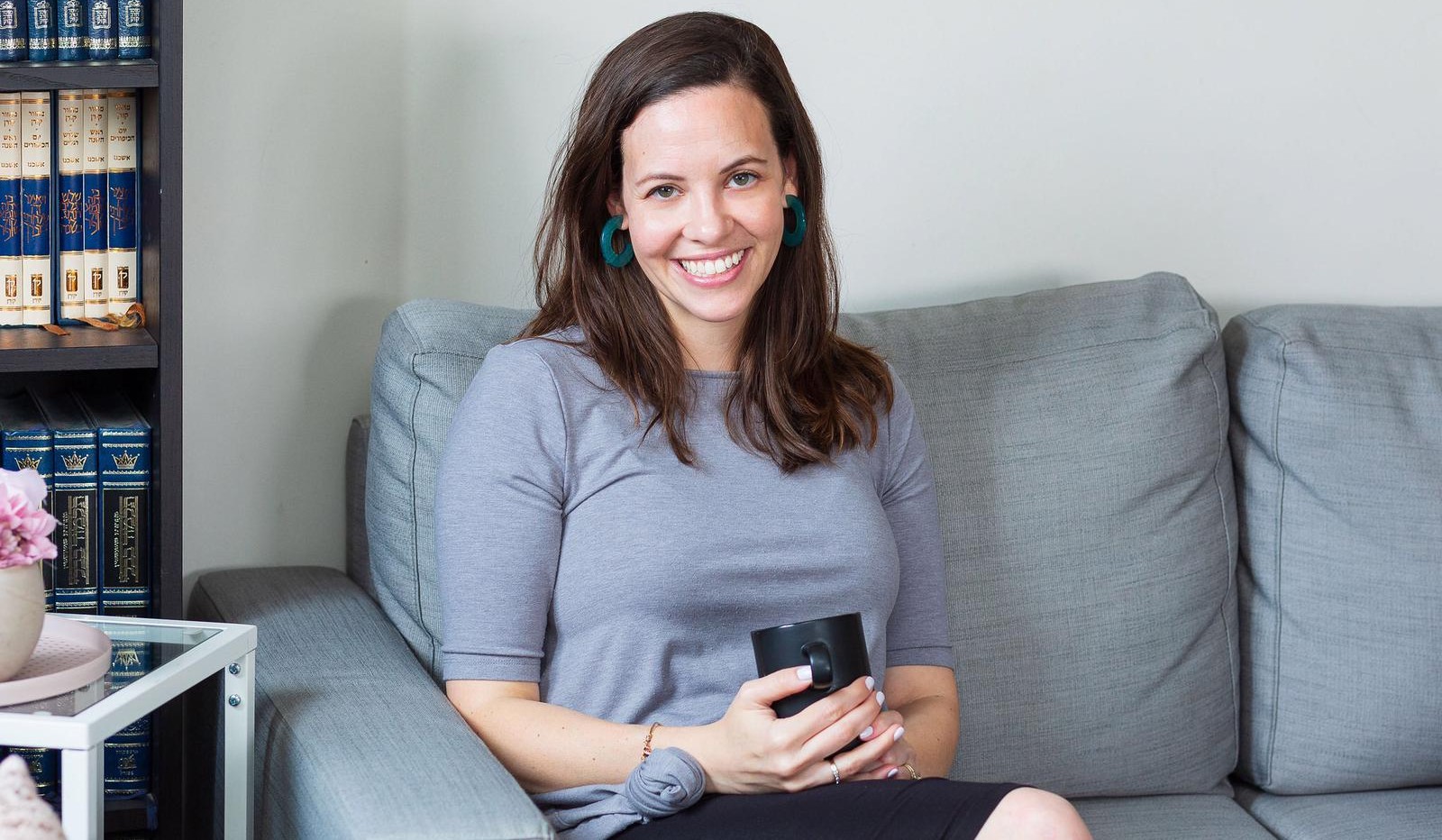
A similar design change will happen in open-plan workplaces, she says, as dividers are reintroduced. “People crave social interaction but now they want personal space, so cubicles will be plexiglass or otherwise modernized so people can see each other.”
With facemasks a new part of our reality, many families are seeking organized, attractive ways to hang or store them sorted by family members. Stylishly designed hand sanitizer pumps may also become part of everyday home décor, Harow says.
People are rethinking their outdoor areas as well.
“They want gardens accessible without going through the home because that is how they can entertain guests.The ‘pool man’ in Israel is now a huge business, as well as home gardening. It’s therapeutic and self-sufficient to grow your own tomatoes and cucumbers.”
Harow says DIY is a major trend because people want to economize and don’t want strangers in their home.
“I saw someone build a farm table in the backyard as a family project. People are looking for things to do and to improve their home on a budget.”
Harow herself is doing more work virtually. “Clients send me pictures and dimensions and I send them links to furniture websites, without me visiting their house — which is not so acceptable in our industry, but things are changing.”
In both residential and commercial design, Harow believes hands-free exit and entry “is definitely going to be a strong trend.”
Israeli companies answering this need include SDS and Sonarax.
SDS’s touch-free smart door system, LOCK 8200, locks and unlocks doors remotely via RFID (radio frequency identification) chip, code or smartphone app. The app works from anywhere – even in another country. The door locks automatically after closing, and the existing lock remains so people can still use a key if they prefer.
Sonarax’s ultrasonic data-transmission system enables workers to open doors, summon the elevator and “punch” a timeclock without touching anything but their own smartphone. The app can even measure spacing between people and send an alert if someone gets too close.
ILAN PIVKO: ARCHITECTURE
Pivko, an Israeli “starchitect” whose latest project is the upcoming Port Tel Aviv residence and hotel, says the corona crisis merely accelerated changes he saw coming decades ago.
“We should have changed things before,” Pivko tells ISRAEL21c. “For a long time we’ve known that people will work from wherever they want using video conferences — or even virtual conferences — and they’ll work flexible hours.”
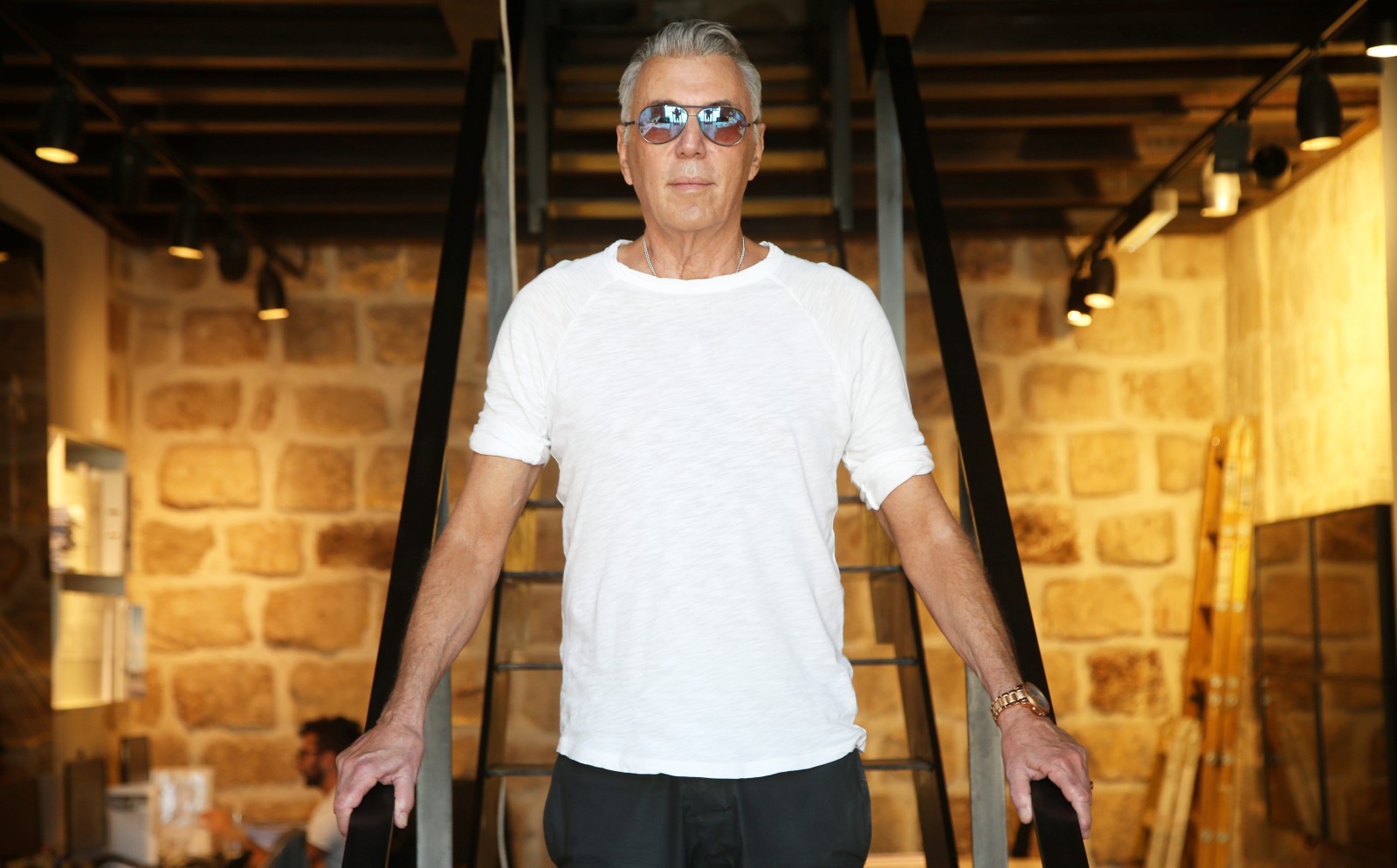
In the 1990s, the mayor of Tel Aviv invited Pivko and other architects to submit concepts for a municipal subway system. Pivko’s vision was based on his belief that “rush hours” would go away in the21st century. Now he sees his prediction coming true.
And while many Tel Aviv office towers will probably be rezoned and converted to residential apartments, he says that’s a positive change because Israel desperately needs more housing.
“Of course, you can live wherever you want if you don’t have to be at the office at 9, so why confine yourself to an expensive three-room apartment in the city? But living close to restaurants and culture will remain desirable and I think many high-rise and low-rise residential buildings will continue to be built in greater Tel Aviv,” Pivko says.
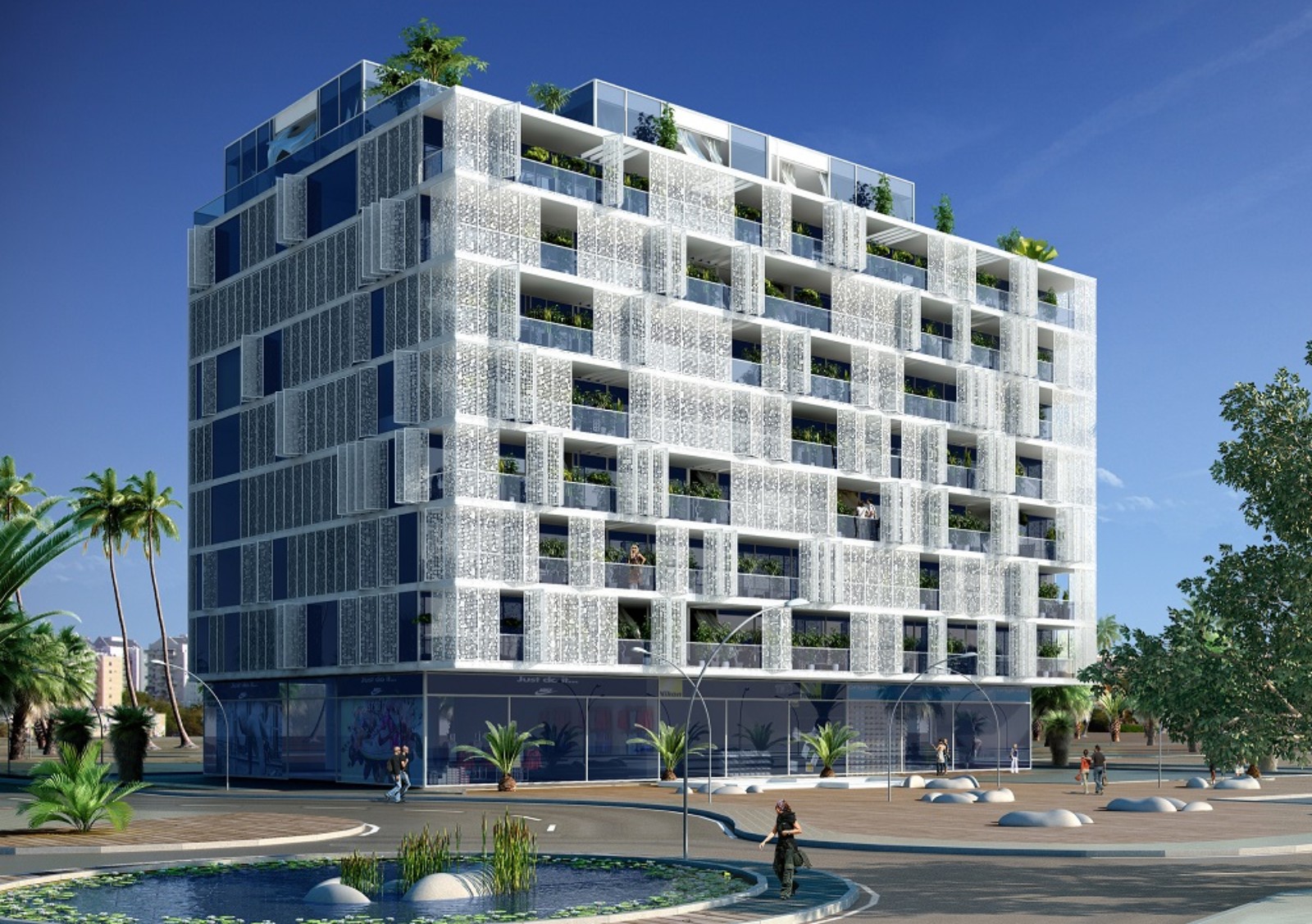
Perhaps surprisingly, Pivko Architects hasn’t seen any drop-off in business.
“I was sure there would be less interest in building now, but we had no project canceled or postponed,” Pivko reports. “Since we got back to work [after the lockdown] we have gained four big projects, including residential buildings and hotels in the center of the country.”
How does he explain this?
“I think people understand that corona will finish. Right now it’s like a war, where we are on hold until we can go back to doing all we loved doing before. Once it’s over, people will be traveling; everything will come back.”
Pivko emphasizes that architectural design “is made for a world to come and not for today. The future will look very different, but it’s not a corona thing. It just made us more aware of how we can live differently.”
Click below to watch ISRAEL21c’s recent webcast, “Will the Pandemic Create New Urban Landscapes?”




